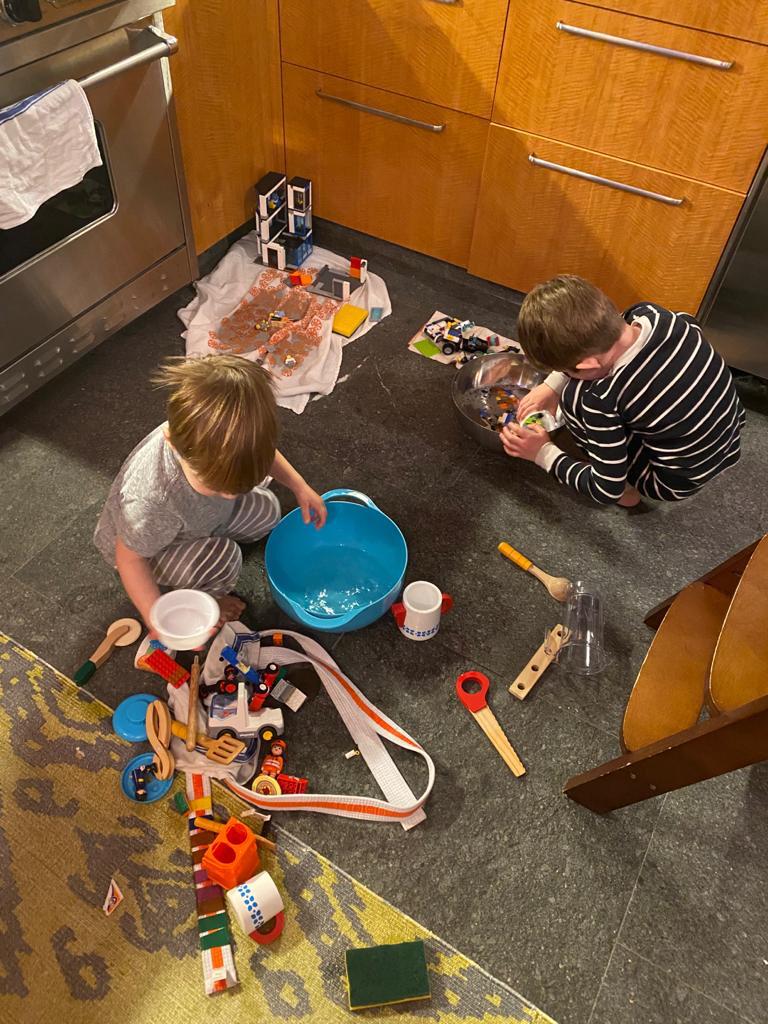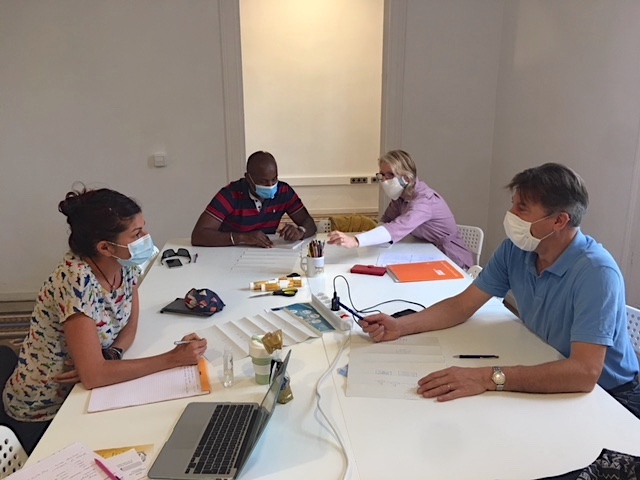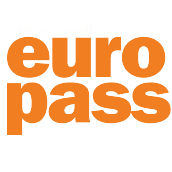For the sustainable development of our communities, the United Nations points to the need to “ensure inclusive and equitable quality education and promote lifelong learning opportunities for all.” The COVID-19 pandemic has placed an unfortunate damper on this goal, exacerbating inequities in education and seeing the most vulnerable students and families struggle to make the shift to remote learning. Not to mention, widespread school closures have led to disruptions in peer and social networks as well as rising mental health concerns among students and teachers alike.
The events of the past year can feel overwhelming at best. But rather than wallow in the uncertainty, in the injustices brought to the fore by this global health crisis, we can view this moment as a call to action. We can begin to reimagine our schools to better meet the needs of students with diverse backgrounds and abilities. We can think beyond the confines of the formal classroom setting in favor of a holistic, multisensory approach to learning. Perhaps our education systems were in need of reform anyway.

Washing toys, photo courtesy of the author
With the introduction of distance learning, teachers can build stronger relationships with parents and caregivers, to ensure that students are receiving the support they need at home. At any grade level, teachers can assign activities that involve collaboration with family members, helping with household chores, exploring the neighborhood, exercising, cooking, making art with recycled materials, and so on. Italy’s own Maria Montessori advocated the development of these everyday life skills for greater autonomy and self-confidence. Likewise, many of our social activities have moved outdoors where nature-based learning is possible, offering measurable benefits including increased attention span and academic achievement. Experiential learning opportunities in and around the home are endless – plus, they don’t require an internet connection or a personal device.
In preparing for an eventual return to regular face-to-face learning, let’s rethink also our time spent together in person. The flipped classroom approach to teaching and learning is worthy of our consideration. In a flipped classroom, teachers introduce a topic via homework assignments, and then students come to class prepared to work through the material together with their peers. As opposed to the more traditional method of introducing content in school, then assigning homework to be completed independently outside of class time. Instead, time spent together is highly interactive, promoting students’ social development as well as their retention of information. Even in a virtual classroom, students can interact with one another in breakout rooms, or share their ideas in an online forum.
Just because some students today may be physically isolated doesn’t mean they have to feel socially isolated or uninspired. New technologies provide teachers and students with unprecedented opportunities for virtual communication and collaboration. Thanks to online learning platforms, we can create our own digital portfolios, mind maps, blogs, podcasts, video presentations, online quizzes, and more. Students can exchange content with other students across town or on the other side of the world. Digital media is the language of our time, and we would be remiss not to incorporate it into our curricula. Where access is an issue, we can request educational technology resources from district leaders or aid organizations, or we can donate our extra resources to support communities in need.

Europass Teacher Training session
In the new year, let’s take advantage of this invitation to revamp educational standards. Together we can make our schools more inclusive, equitable, and up-to-date. Let’s find new ways to cultivate soft skills like teamwork, self-regulation and adaptability, for healthier students and healthier communities. Because health is not merely the absence of COVID-19, but rather a state of physical, mental, and social wellbeing – shaped in many ways by the quality of our education.
ABOUT EUROPASS TEACHER ACADEMY

In an effort to support educators and families in the transition to remote and blended learning, Europass Teacher Academy – a teacher training school based in Florence, with 18 locations across Europe and the main provider of Professional Development courses for teachers within the Erasmus+ program – has launched the Teacher Academy Online, offering courses in online curriculum design, digital literacy, creative arts, stress management, mindfulness, and more.
Learn more about the latest tech tools for online teaching and learning with Europass’s EdTech Guide 2021, including a detailed list of user-friendly apps and e-learning platforms. Or browse the Europass Teacher Academy Online course catalog and sign up for an online professional development course today.
Europass Teacher Academy
Via Sant’Egidio 12
50122 Florence, Italy
OID Number: E10166501
teachertraining@europass.it
+39 055 247 9995





